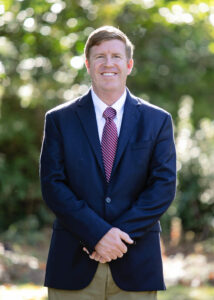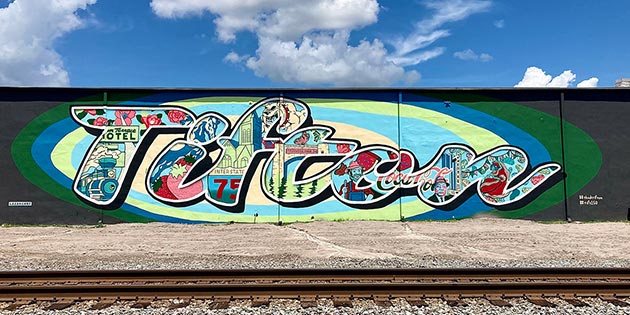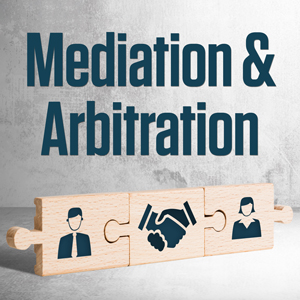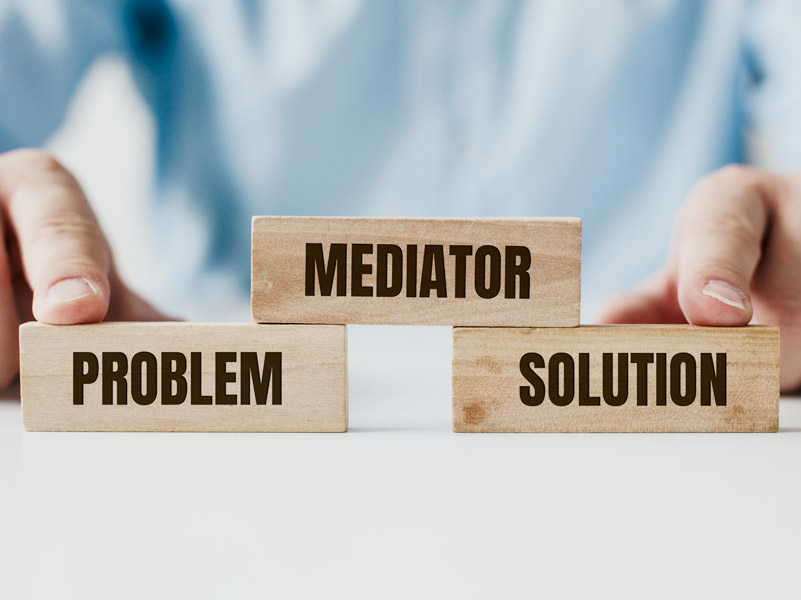
Blog
Achieving Conflict Resolution: A Local Mediator’s Step-by-Step

Our neutrals work diligently to resolve your issues efficiently and amicably. In individual interviews with each neutral, they were asked a series of questions regarding their preparation and anticipation for dispute resolution. Wallace Marsh specializes in matters related to church conflict and domestic disputes.
The following answers shed light into our neutral, Wallace’s, preparation to resolve conflict.
Q: How do you prepare for a mediation?
A: “I like to communicate with each party and learn as much as I can about the conflict.”
Q: What would you say are the most important skills or attributes for a mediator?
A: “Understanding the conflict and thinking creatively about ways to bring resolution.”
Q: How would you inform clients about your role in the mediation process?
A: “My role is to listen to each party and encourage them to move toward an agreement.”
Q: At what point would you intervene in clients’ decision-making processes?
A: “I would intervene if I knew one party was going to cause the other party to move further away from an agreement. The point of mediation is to get the parties moving toward a resolution.”
Q: How would you handle a situation where one party is not willing to compromise in a conflict?
A: “I try to set the stage at the beginning of mediation to let both parties know we are here to reach an agreement. However, if one party makes great strides and can’t go any further, my advice would be to end the mediation and encourage the attorneys to return to mediation or try to settle before going to court. I try to let folks know if it doesn’t resolve in mediation, to keep the momentum going and see if you can’t settle another day.”
Q: What is your approach to maintaining neutrality in emotionally charged situations?
A: “It is natural for people to get emotional during conflict. As a mediator, you have to hear and recognize the emotions of each party. Our task as mediators is to identify what is behind the emotions and begin working from that position.”
Q: How do you ensure confidentiality throughout the mediation process?
A: “I encourage each party to let me share as much information as possible with the other party. However, at the end of my time with each party, I ask what needs to remain confidential.”
Q: How do you manage power imbalances between parties during mediation?
A: “I believe identifying power imbalances is a part of the mediation process. If we are failing to reach an agreement, I might ask both parties what happens to the power dynamics if the conflict goes to court. Different contexts and environments can shift power imbalances.”
Q: How would you assist clients who were discontented with events following mediation?
A: “My hope is clients are never discontent following mediation. I stress the fact they have self-agency through the entire process. The mediation process involves ending from a different position from where you began. The terms of the agreement should be something you feel good about, and having the conflict resolved will save you time and money.”
Our neutrals are dedicated to dissolving your dispute, whatever the dispute may entail. If Wallace checks your boxes, contact us today!











